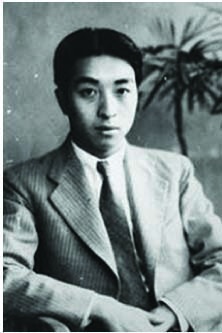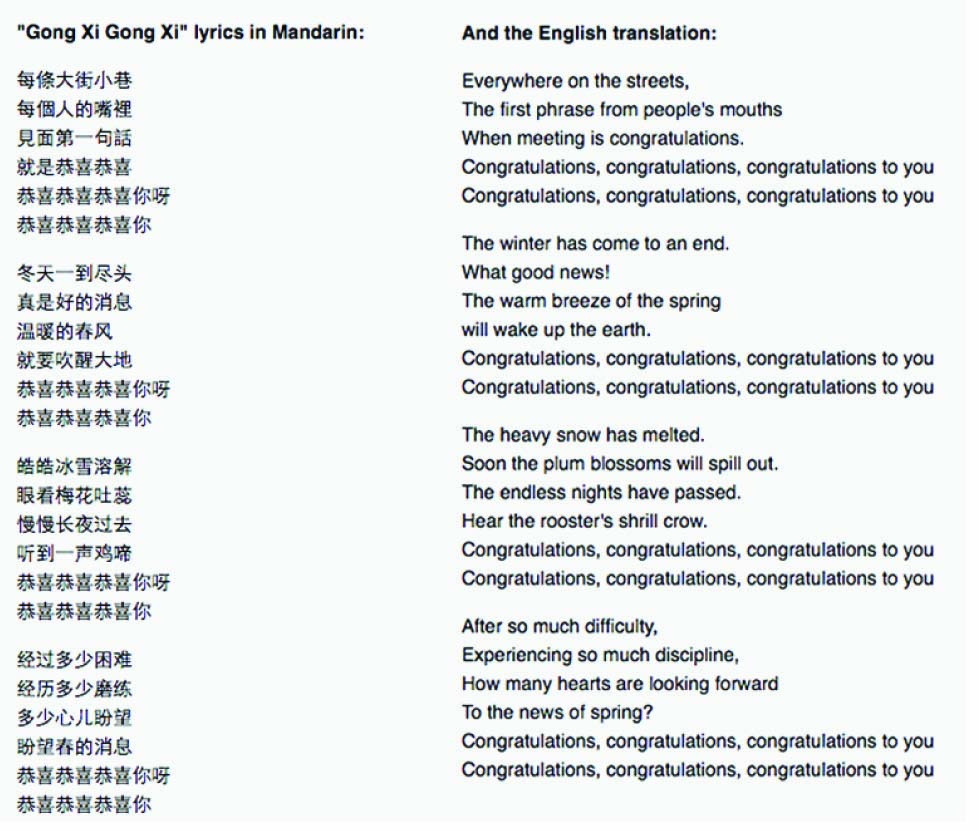
Did you know that the popular classic Chinese New Year song “Gong Xi Gong Xi” was never intended as part of greeting a happy Chinese New Year?
Chen Gexin, a native of Shanghai and one of the most accomplished songwriters and composers at the time, wrote the song to celebrate China’s victory and liberation following Japan’s defeat at the end of the Second Sino-Japanese War in 1945.
Chen, who also used the pen names Lin Mei and Qing Yu, penned famous mid-20th century popular standards like “Shanghai Nights (夜上海)” and “Rose, Rose I Love You (玫瑰玫瑰我愛你).”
The Second Sino-Japanese War (1937-1945) is the largest Asian war in the 20th century, killing 15 to 20 million people in China.
It is one of the darkest periods in China’s history.
Chen himself was jailed for three months by the Imperial Japanese Army for writing patriotic songs during the war, and was also reportedly subject to torture. Some believe that the atrocities of the war might have left a deep impact on Chen and influenced his music thereafter. That might also explain why “Gong Xi Gong Xi” was written in the minor key, which is typically used to project sadness and melancholy in a piece of music, to convey China’s bittersweet triumph in the war.
So how did the song become associated with Chinese New Year? The music and words of the song, titled “恭喜恭喜 (Wishing You Prosperity and Happiness),” literally means “congratulations, congratulations”), a common Chinese New Year greeting. The words in the song also celebrate the arrival of spring, which is often used as a symbol of the arrival of the new year. Hence, the song quickly became associated with Chinese New Year celebrations and has remained a part of the festive season’s musical canon since the 1950s.
Additionally, the iconic last two lines of the song are supposed to imitate the beat of the Chinese drum, giving an air of excitement to those who sing it.
